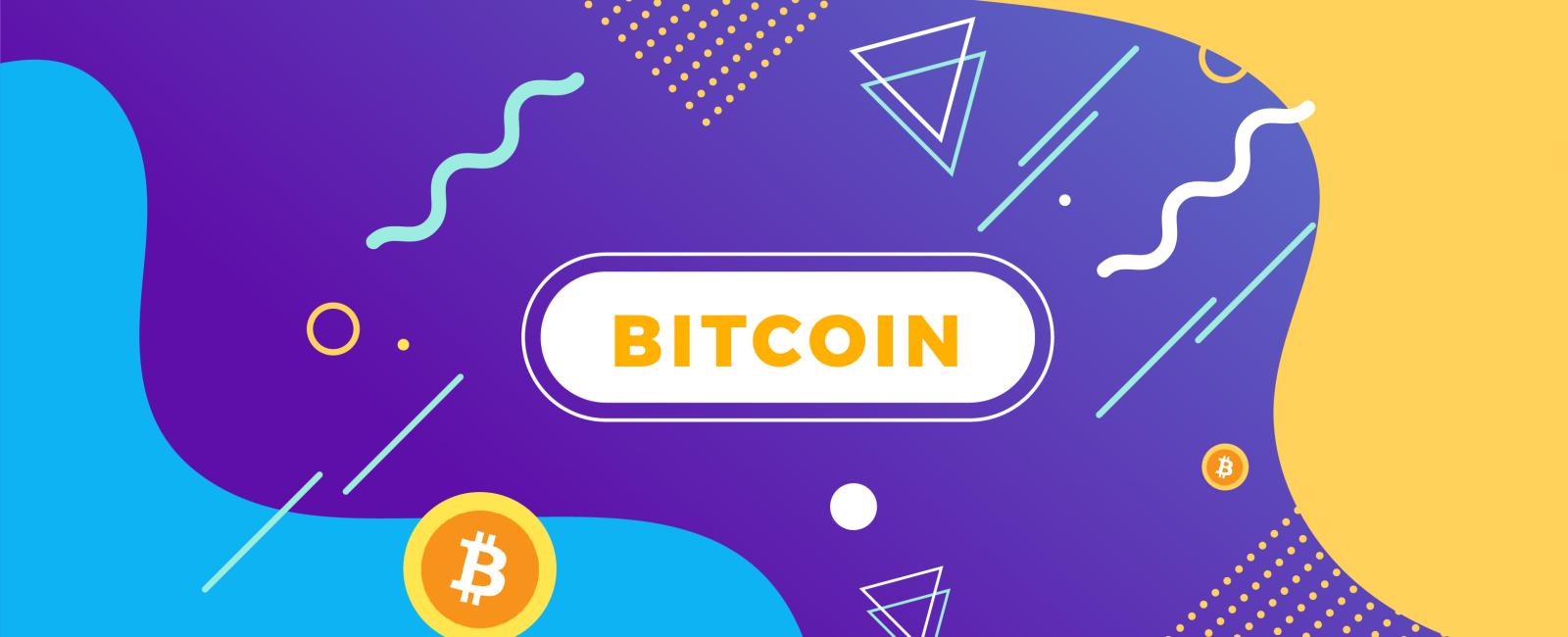

Bitcoin for Beginners: Understanding the Basics of the World's First Cryptocurrency
Table of Contents
- What is Bitcoin?
- How Does Bitcoin Work?
- Advantages of Bitcoin
- Risks of Bitcoin
- Conclusion
What is Bitcoin?
Bitcoin is a digital currency that is run by blockchain technology. It means that every single transaction is recorded in a digital and decentralized ledger. Since blockchain is an electronic distributed ledger, there is no central authority that controls the transactions each user is making. Institutions like banks are not needed anymore.
Bitcoin is frequently the first cryptocurrency that comes to mind when discussing the increasing popularity of cryptocurrencies in recent years. Yet, what is Bitcoin and how does it operate? We’ll go through the principles of Bitcoin in this beginner’s guide and assist you in learning this virtual money.
Bitcoin is the first successful implementation of digital currency. It is also the top-ranking cryptocurrency in the world followed by Ethereum. It was first created on August 2008 under a name called Satoshi Nakamoto. However, the name was speculated to be a pseudonym since no one ever recognized who Satoshi Nakamoto was.
Allowing payments to be made directly from one user to another without involving any financial institutions is one of the key goals of Bitcoin. As discussed above, the blockchain serves as their ledger. Here, all the transactions are stored.
Another good thing about Bitcoin being run by blockchain is that once a transaction is made, it is impossible to be reversed or deleted. The transaction made will forever be recorded in the block. With this, the issue of trust can be resolved.
Just like the paper money that we use today, we have to make sure that our money are being secured. Bitcoins are stored in wallets. Most wallets are downloaded online, but make sure to choose the right wallet because some wallets do not provide the right security.
With the use of Bitcoins, or even cryptocurrencies in general. Payments are made easily. There is no need to hold virtual cash. The users only need to pay using their wallets which are usually on mobiles or computers. There is no need to withdraw, swipe a card, or sign anything.
In addition, Bitcoin users may only have to scan their phones and then in a blink, payment is done. No more withdrawing, swiping, and signing is needed. Bitcoins are secured with military-grade cryptography. So it is safe and it is not really easy for people to take your money from you, unlike when you use paper cash.
During transactions, users do not have to worry about time. All transactions can be processed 24/7. Furthermore, a Bitcoin address is the only requirement needed. Then they can already transact right away. Bitcoin networks never sleep, it is available even on weekends and holidays.
Bitcoin is also borderless as it is available to anybody anywhere in the world. This also means that users can pay and send Bitcoins anytime, anywhere. It is as if they were just paying to send across the street.
In terms of identification, there is no need for any ID to be in use. Unbanked, privacy-conscious, and computers are accepted. In addition, there is no one who can block or freeze transactions regardless of the amount.
How Does Bitcoin Work?
A decentralized network of computers is used to create, store, and transmit the digital currency known as Bitcoin. This indicates that no centralized entity, like a government or bank, is in charge of Bitcoin.
Blockchain, which is essentially a digital ledger that records all Bitcoin transactions, is the technology that underpins Bitcoin. A network of computers known as nodes verifies each Bitcoin transaction as it is uploaded to the blockchain.
Together, these nodes make sure that every transaction is legal and that nobody is attempting to game the system by using the same Bitcoin twice. They achieve this by using powerful computers to solve difficult mathematical equations.
After a transaction is validated, it is permanently stored on the blockchain and is very challenging to change or remove. For Bitcoin users, this enables a high level of transparency and security.
It is necessary to have a digital wallet in order to transmit and receive Bitcoin, which is just a piece of software. Bitcoin can be obtained in a number of ways, including through exchange purchases, payment acceptance for goods and services, and even self-mining (although mining requires significant computing power).
Advantages of Bitcoin
Bitcoin is a popular option for consumers looking for a decentralized, safe, and effective means to transfer money online due to its many advantages over conventional payment systems.
- Decentralization: As there is no single entity in charge of Bitcoin, it is decentralized. This makes it immune to government or institutional interference and gives users more control over their money.
- Security: Transactions on the Bitcoin network are secured by cryptography, making it virtually impossible for hackers to steal your Bitcoin or counterfeit transactions.
- Transparency: The blockchain, a public ledger that records every transaction on the Bitcoin network, offers transparency and accountability.
- Lower transaction fees: When compared to more conventional payment methods like credit cards or wire transfers, transactions over the Bitcoin network often have lower transaction fees.
- Faster transactions: Unlike traditional payment methods, which can take days or even weeks to settle, transactions on the Bitcoin network can be executed much more quickly.
- Worldwide accessibility: Bitcoin is a popular choice for cross-border payments because it can be transferred and received from anywhere in the world.
- Limited supply: The supply of Bitcoin is limited to 21 million coins, which makes it a scarce asset similar to gold, and can potentially increase its value over time.
Risks of Bitcoin
Bitcoin presents several risks to investors and users, and it is important to carefully consider these risks before investing or using it.
- Volatility: Bitcoin prices can be highly volatile, with significant fluctuations in value over short periods of time. This means that the value of your investment can drop suddenly and without warning.
- Regulatory uncertainty: The regulatory landscape for Bitcoin is still evolving, and there is a risk that governments could impose restrictions or bans on its use, which could negatively impact its value.
- Hacking and scams: While the Bitcoin network itself is secure, the exchanges and wallets used to buy, store, and sell Bitcoin can be vulnerable to hacking and scams. This implies that if you are not careful with how you store and maintain it, you run the danger of losing your Bitcoin.
- Restricted adoption: Despite its rising notoriety, Bitcoin is still not generally recognized as a form of payment, and its adoption could be restricted in the future if companies and customers do not view it as a viable substitute to conventional payment methods.
- Environmental concerns: The process of mining Bitcoin requires a significant amount of energy, which has raised concerns about its impact on the environment.
Conclusion
The way we think about money and value transmission has been completely altered by the interesting and complex technology known as bitcoin.
Those looking for an alternative to conventional banking systems have found it to be an appealing choice due to its decentralized structure, security, transparency, and reduced fees when compared to standard payment methods.
However, like any investment, Bitcoin carries risks, including volatility, regulatory uncertainty, hacking and scams, limited adoption, and environmental concerns. It is important to carefully consider these risks before investing or using Bitcoin.
Overall, while Bitcoin offers several advantages over traditional payment methods, it is still a relatively new and emerging technology, and its long-term viability and value are uncertain. Therefore, beginners in the crypto space should approach Bitcoin with caution, do their own research, and consider consulting with a financial advisor before investing.
Share
Web Developer
Expertise
Quick Links
Legal Stuff






